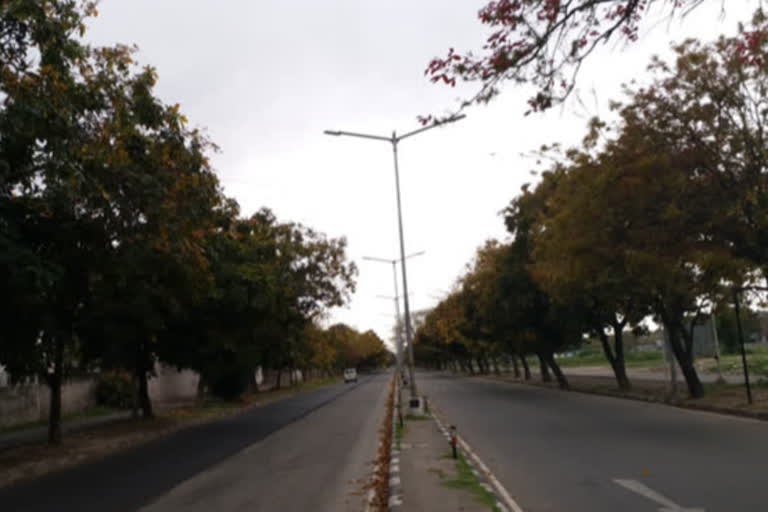Boston: Based on data collected in Delhi, scientists report that the reduction in air pollution due to lockdown measures enforced in the country may have led to more sunlight reaching solar panels, resulting in the production of more clean energy.
The findings, published in the journal Joule, noted that in late March, the amount of sunlight reaching the solar panels in Delhi increased about 8 per cent, compared with data from the same dates from 2017 to 2019.
According to the researchers, including those from the Massachusetts Institute of Technology (MIT) in the US, Delhi is one of the most polluted cities on the planet, with the sudden implementation of lockdown in India at the start of the pandemic improving the air quality drastically.
"That means that reductions in air pollution happened very suddenly, making them easier to detect," explained study first author Ian Marius Peters from Helmholtz-Institut Erlangen-Nurnberg for Renewable Energies in Germany.
Peters and his colleagues had earlier assessed how haze and air pollution impact the quantity of sunlight reaching the ground, and the effect of air pollution on the output of solar panels in Delhi.
READ:|NGT imposes Rs 25 lakh fine on two units in Noida, says threat of irreversible damage to environment
The photovoltaic (PV) solar energy system they had installed in Delhi for the previous work was still in place, and they could use it to collect data on the amount of solar radiation reaching the PV installation, called the level of insolation.
The scientists found that the insolation at noon increased by about eight per cent.
Based on the information on air quality and particulate matter, they suggested that reduced pollution levels were a major cause for the rise in energy levels.
